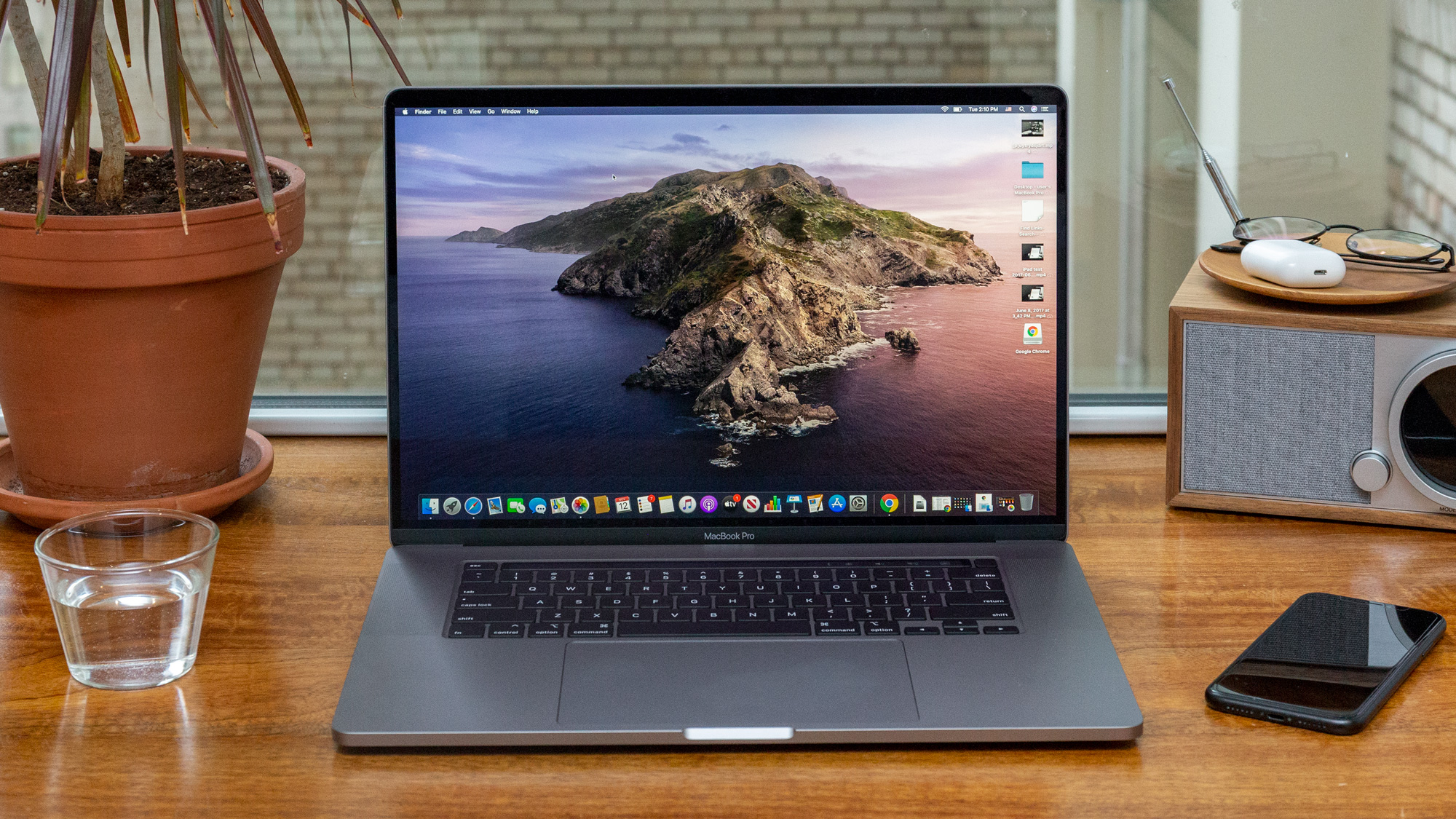MacBook Pro could actually get affordable — thanks to Apple Silicon
Apple’s own ARM-based chips could make MacBooks much cheaper

Apple’s move to make its own ARM-based chips could make MacBooks cheaper, based on a new analysis.
That’s because producing its own “self-designed” system-on-a-chips, developed under the Apple Silicon initiative, are expected to cost under $100 per chipset, according to analyst house TrendForce. As such, Apple could pass those savings on to MacBook fans by reducing the price of laptops including the MacBook Air and MacBook Pro.
- MacBook Air vs Pro: What's the best MacBook?
- WhatsApp dark mode just came to desktop — how to try it now
- iPadOS 14 hands-on preview: The biggest upgrades coming to your iPad
“Although Apple still needs TSMC to manufacture its self-designed processors, the production cost of a Mac processor made with TSMC’s 5nm node is currently estimated under US$100, which is considerably more cost-effective compared to the 10nm Intel Core i3 processors, priced around US$200 to US$300 on the market,” TrendForce explained.
The analyst outfit explained that Apple will start mass-producing its own in-house designed chips for Macs in the first half of 2021, with Apple Silicon Macs expected in the second half of the year. That means cheaper MacBooks could be but a year away.
However, Apple has often charged a premium price for its devices, so we’ll have to wait and see whether Apple will pass on its manufacturing savings to its customers or pocket the extra money. There are a lot of very strong premium Windows 10 laptops in the market right now, such as the new Dell XPS 17 2020 that pose a challenge to the MacBook Pro 16-inch. As such, slightly cheaper MacBooks would be a good way for Apple to respond to the increased competition it faces in the laptop arena.
Aside from the cost, TrendForce noted that ARM-based chips are now getting more competitive with Intel processors, which are the industry standard.
“Intel’s CPUs scheduled to be released in 2021 will still be based on the 10nm node. With Apple Silicon advancing to the 5nm node, the future Mac SoCs will be packed with a lot more transistors while maintaining the same chip size thanks to process shrink,” TrendForce said. “They thus will have a chance to successfully compete against the mainstream products offered by Intel in terms of computing performance and power consumption.”
Sign up to get the BEST of Tom's Guide direct to your inbox.
Get instant access to breaking news, the hottest reviews, great deals and helpful tips.
There is a flip side to this, as Apple Silicon may just make the MacBook Pro and MacBook Air irrelevant. That's because the power that could be extracted from custom ARM-based chips might just see Apple make a one-size-fits-all MacBook line. This is all based on speculation, but it would allow Apple to have a streamlined laptop lineup that doesn't overwhelm consumers with choice.
Roland Moore-Colyer a Managing Editor at Tom’s Guide with a focus on news, features and opinion articles. He often writes about gaming, phones, laptops and other bits of hardware; he’s also got an interest in cars. When not at his desk Roland can be found wandering around London, often with a look of curiosity on his face.
-
GastroHub You mean their profit margins are going to go up.Reply
I highly doubt they're going to pass on the savings to the customer. They have all that R&D to recoup from ARM and it's what the stock holders will want.

